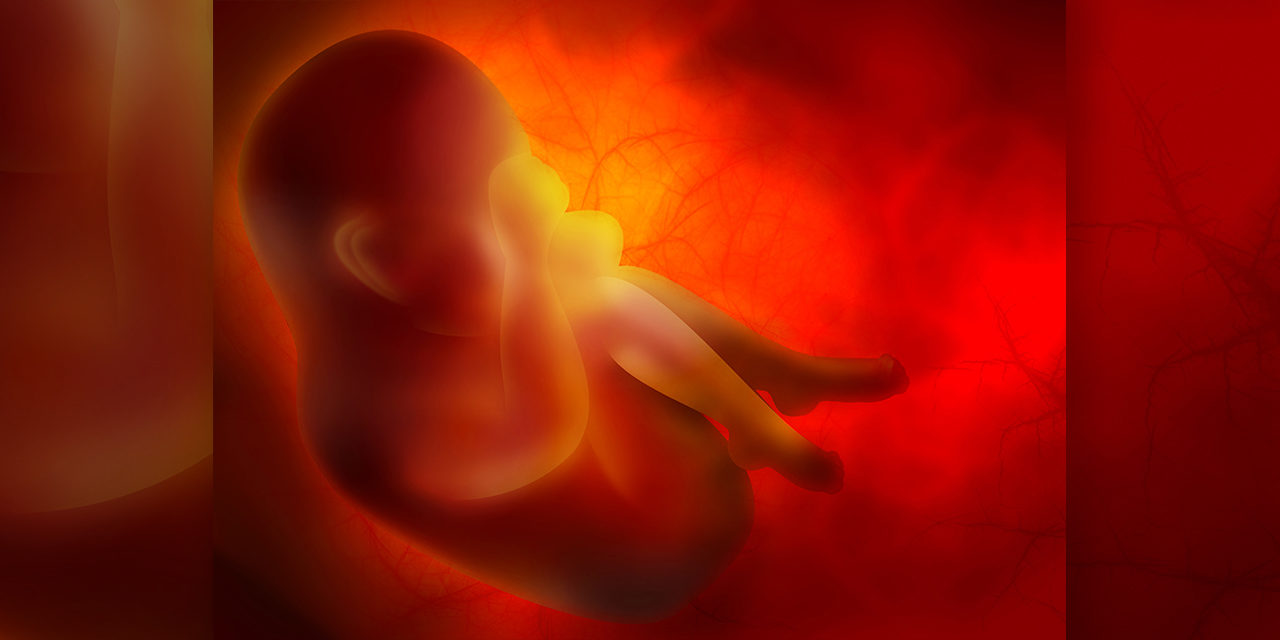In the United States, the rights of preborn babies are few and far between, and now the state of Vermont wants to remove any remaining protection these vulnerable lives have and expand human experimentation.
Known as Proposal 5 Article 22, it would essentially allow “reproductive anarchy” as noted bioethicist Wesley Smith explained in an article for National Review.
The proposal states, “[Personal reproductive liberty] That an individual’s right to personal reproductive autonomy is central to the liberty and dignity to determine one’s own life course and shall not be denied or infringed unless justified by a compelling State interest achieved by the least restrictive means.”
Obviously, for the woman carrying the child, her rights are protected. The child in her womb? Not so much. This means the preborn baby could be subject to any sort of scientific experiment until he or she is born and is not officially recognized as a human being by the state, whenever that might be.
Here are some of the grim and macabre experiments that would likely be allowed under this new Vermont law:
- The growth of so-called three-parent embryos, to satisfy throuples who want their children to have a genetic link to each parent.
- Expanding and experimenting with CRISPR in order to genetically edit the DNA of preborn children to either eliminate certain genetic conditions or, more concerningly, make sure that the child has certain characteristics, like blue eyes or a high IQ.
- Manufacturing babies through the use of SCNT cloning, which stands for “somatic cell nuclear transfer (SCNT), a laboratory technique for creating an ovum with a donor nucleus.”
- The use of an artificial womb to gestate a baby, which could be done to either help develop a child after the mother experiences a medical emergency and cannot continue the pregnancy or could be used to manufacture preborn babies for research purposes.
- Lesbian couples can use it to ensure that both women carry the child, by allowing one to go through the IVF process and the other to carry the child to term after transferring the embryo from one woman to the other. This allows both women to carry the child in their bodies. There is no purpose for this other than to appease the adults involved.
- Utilize CRISPR to “induce pluripotent stem cells to create eggs and sperm from the same person, so that person could be both mother and father of a child.”
However, the most concerning proposition is the possibility that this law will allow scientists to pay women for the sole purpose of getting pregnant and then aborting the child for research purposes.
While it might seem somewhat farfetched, this incredibly disturbing proposition is not entirely outside the realm of possibility.
Scientists and abortionists who utilize the remains of preborn babies rarely comment or reflect on the humanity of the subject of their research. The life of a preborn baby boy or girl is of little or no consequence, except as a means to an end. It’s a gruesome business, and one that thrives on the idea that human beings are only humans if they meet a specific set of circumstances.
This is sadly already happening. At the University of San Francisco, an abortionist was conducting a study to see if killing a preborn baby via the poison digitoxin was more effective at ensuring the child’s demise than the abortion itself. To test the theory, the babies were either injected with digitoxin or a placebo. As the average age of these preborn babies was 21.1 weeks, about half could have possibly survived outside the womb.
These kinds of Nazi-era experiments would only increase under this new Vermont proposal, which is advertised as a way to protect women’s bodily autonomy while ignoring the child’s humanity.
As Smith explains: “Anything goes is rarely a good idea, particularly in a field as morally fraught as procreation. The unintended societal consequences of such radical experiments in family formation and childbirth — and the prospect of using unborn life instrumentally in more varied ways than we do already — cannot be known. But I think it will lead to increasing social disintegration, less family stability, more depressed/confused children, and the further corrosion of our belief in intrinsic human dignity.”
Proposal 5 originally passed in 2019 but must be voted on again in this current session in order to get on the November 22 ballot. If it does, Vermont will become both the wild west of reproductive medicine and a haven for scientists and researchers who deny the humanity of the preborn baby in the pursuit of science.
Photo from Shutterstock






